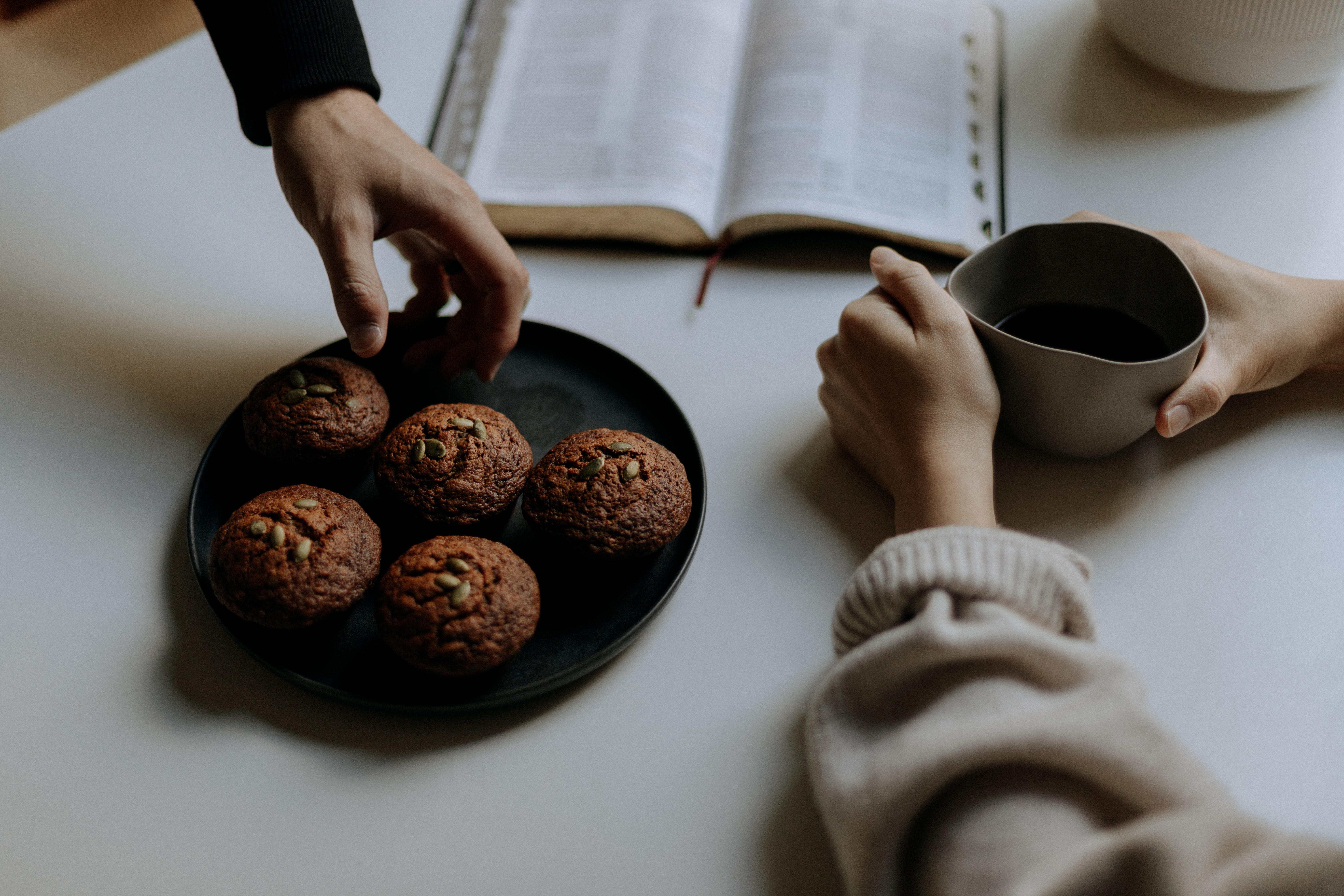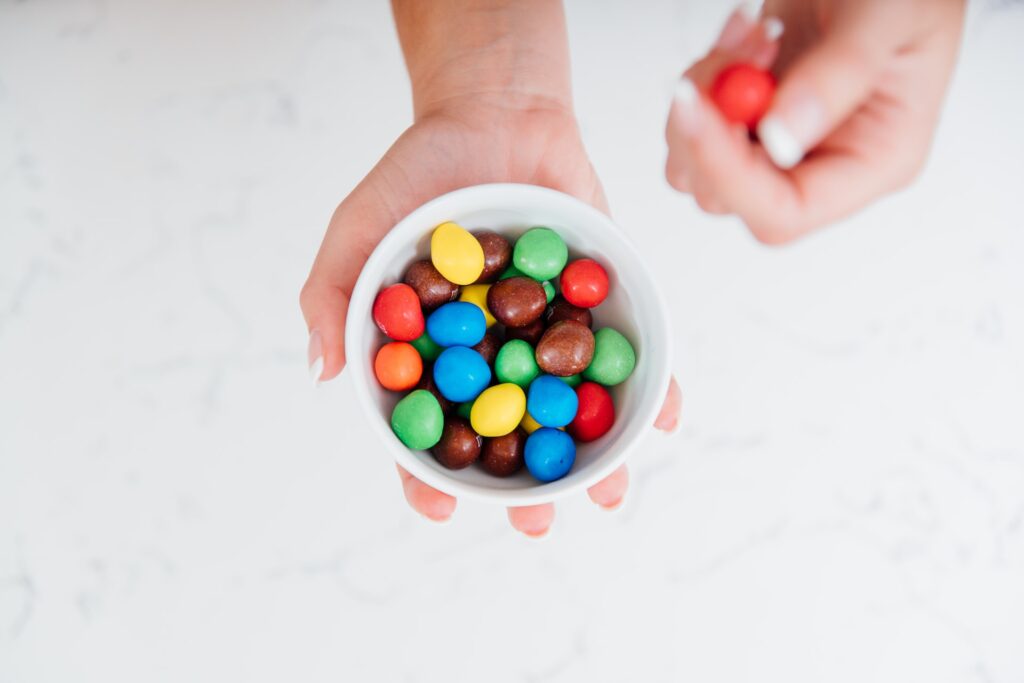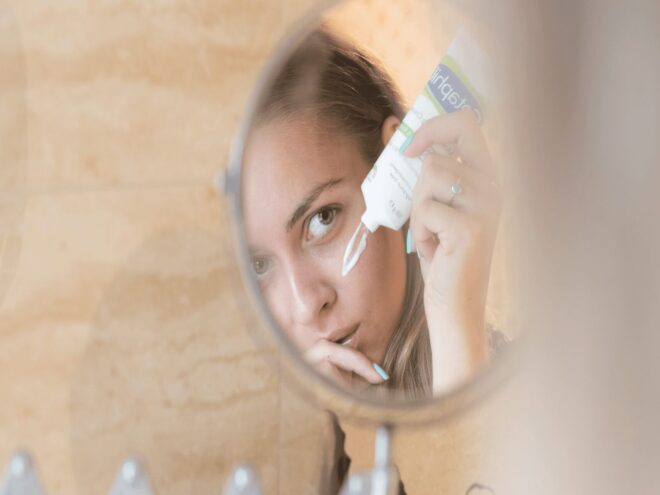Wellness • 11/08/2021
Why Do We Snack? 6 Things You Should Know

Revivalist is a reader-supported endeavor and our posts may contain affiliate links. When you buy through links on our site, we may earn an affiliate commission.
It’s late at night and you’re scrolling through your social media feeds when the snacks in your pantry spring to mind. Nothing would taste better than the salty crunch of a potato chip or pretzel, but you’re not hungry. It might make you ask yourself — why do we snack? There are many answers to that question and they all depend on the situation.
Check out the most common reasons you might feel the need to reach for your favorite snack foods. Sometimes it’s nice to enjoy a tasty treat, but other times there might be better ways to deal with the urge.
1. Your Body Needs Fuel
Everyone needs to eat to maintain their energy. What you eat can fuel your body or hurt your health. It depends on the nutritional profile of each meal. When a meal doesn’t satisfy what your body needs, you may crave a snack soon after eating.
It’s challenging to determine what makes a healthy meal until research reveals where to start. Protein should form the building blocks of every meal because it turns into essential amino acids that the body can’t produce on its own. Amino acids are the gas that revs every bodily function from growing taller to carrying a healthy pregnancy.
If you’re unsure where to start when addressing your daily snacks, take a second look at your typical meals. Ensure that they have a serving of protein, like shredded chicken breast or beans, every time you sit down to eat. It may address a protein deficiency you didn’t realize you had.

2. Your Emotions Are Overwhelming
Consider when you tend to snack most often. Is it during a hard day at work or after a confrontation with family? Snacking could be your body’s way of forcing your brain to release more hormones that make you happy.
Sitting down with your favorite comfort food engages the brain’s hedonic circuitry that produces extra serotonin. Serotonin is the brain chemical that creates happy feelings. It can lead to harmful behavioral patterns that lead to food dependence or eating disorders if it gets out of control.
It’s okay to indulge once in a while, but you can also swap snacks for self-care activities that produce serotonin without the same impact on your mental health. Taking up a creative hobby, meditating or even taking a walk will provide a better emotional outlet when snacking isn’t the best option.
3. You Want to Celebrate
You’ve spent a lifetime with a brain that feels happier after eating, so it’s natural to connect celebrations with food. Have fun with finger foods at holiday parties and small celebrations when you conquer a goal, but opt for other activities if eating becomes a struggle.
Snacking at celebrations may also feel like a problem if it comprises your lifestyle. You could eat a slice of cake at a birthday party even though you’re vegan. Everyone has to decide what it means to cheat on their preferred diet, but give yourself grace. Celebrating is a chance to focus on the positives and just have fun, which sometimes includes tasty food.
4. Your Blood Sugar Is Dropping
Sugar enters your bloodstream after eating. It’s one of the most significant energy sources for the body, so your vascular system circulates it quickly. If there’s too much sugar, your pancreas releases insulin to bring it back down to a level that won’t harm your health. If it’s too low, your body will signal the need for help by presenting an array of symptoms, like
- Cravings
- Shakiness
- Irritability
It may explain your snacking habits if you experience similar symptoms alongside your cravings. Talk with your doctor if you’re unsure about whether the signs should be a concern. They might diagnose diabetes based on your specific medical history and ease your snacking by showing you how to take care of your condition.

5. You’re Hanging With Friends
Most people in different cultures associate food with loved ones. It’s why you meet up with a friend for lunch instead of sitting on a park bench to talk. You might snack because it’s a social habit that unknowingly formed over time. Think about how the snacking makes you feel during your next get-together. If it only makes you feel worse about yourself, it could be a good idea to speak to a mental health professional.
6. You Don’t Get Enough Sleep
Your body might make you want to eat more because you’re not getting enough sleep. If you wake up exhausted after a night of tossing and turning, it could be the cause of your snacking problem. Recognizing insomnia gets you one step closer to improving your sleep routine because you’ll know what causes the problem, but what about the nights when rest is still impossible?
Start by rethinking your snacks and meals for the day. Begin a tough morning with breakfast to fuel your body, then drink plenty of water as the day goes on to keep your energy up. Avoid heavy foods with fried fats and extreme amounts of calories. They may cause your blood sugar to spike and crash, making it more challenging to stay awake and get your sleep cycle back on track when it’s time for bed.
Why Do We Snack?
There are several reasons why you might crave an afternoon snack or an evening bowl of chips. It depends on your mental health, where you are and what you’re doing. Finding out why you’re snacking could help you enjoy the food more or recognize an unhealthy habit. Use these tips to get to the bottom of your diet questions and consult a professional if you discover anything that concerns you.
Subscribe to Our Weekly Newsletter
We would love to connect deeper with you!


